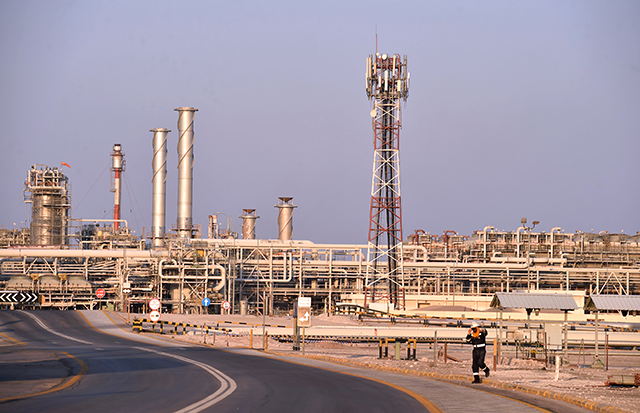You are here
Jordan's economic growth projections for 2019 drop slightly to 2.2%
By JT - Apr 02,2019 - Last updated at Apr 02,2019
AMMAN — Jordan's economy is expected to grow by 2.2 per cent in 2019 and rise slightly to 2.4 per cent in 2020, according to a World Bank report released Tuesday.
The report, entitled "Reforms and External Imbalances: The Labour-Productivity Connection in the Middle East and North Africa", indicated that the Kingdom's economy is expected to grow by 2.6 per cent 2021.
The forecast indicates a slight drop from previous projections by the World Bank, as a previous report earlier this year expected the Kingdom’s growth for 2019 to reach 2.3 per cent, 2.4 per cent in 2020 and 2.7 in 2021.
The World Bank report indicated that in addition to comparatively low economic growth, many MENA economies have persistent trade and current account deficits.
“Many oil-importing countries — such as Lebanon, Djibouti, Morocco, Jordan, Tunisia and Egypt — have been running large and persistent trade and current account deficits for more than a decade,” the report said.
In cases where current account and fiscal balances do not move together closely, as is the case in Jordan, policymakers might have to rely more on boosting aggregate labour productivity to gradually reduce current account deficits, the report indicated.
“Jordan and Lebanon could consider reducing their payroll taxes,” the report said, noting that currently, the payroll tax rates in Jordan are imposed at “progressive rates” ranging from 7 per cent to 20 per cent.
Economic growth in the MENA region is set to drop slightly to 1.5 per cent in 2019 from 1.6 per cent in 2018, according to the report.
Despite the fall in growth this year, regional growth is expected to see a modest uptick to 3.4 per cent in 2020 and 2.7 per cent in 2021.
The World Bank’s report indicated that the expected growth in the region is led by developing oil importers, such as Egypt, which accounts for roughly 8 per cent of the MENA’s GDP, with a forecast at 5.5 per cent in 2019, and higher in 2020-2021.
Meanwhile, growth in Gulf Cooperation Council (GCC) economies is expected to reach 2.1 per cent in 2019.
“The revival of growth in Egypt and the GCC is partly and indirectly the result of domestic reform policies. Meanwhile, the expected growth slowdown of MENA’s largest export markets, namely, the EU, the US and China, will have a negative effect on the region,” the report said.
Related Articles
AMMAN — The World Bank’s (WB) latest regional economic update indicated that Jordan’s real GDP growth per capita is forecast to grow by 1.9
AMMAN — As the Middle East and North Africa (MENA) region faces unprecedented dual shocks from the coronavirus pandemic and the collapse in
AMMAN — Jordan's economy is expected to grow by 2.2 per cent in 2019 and 2.4 per cent in 2020 amid an anticipated slowdown in global growth,


















